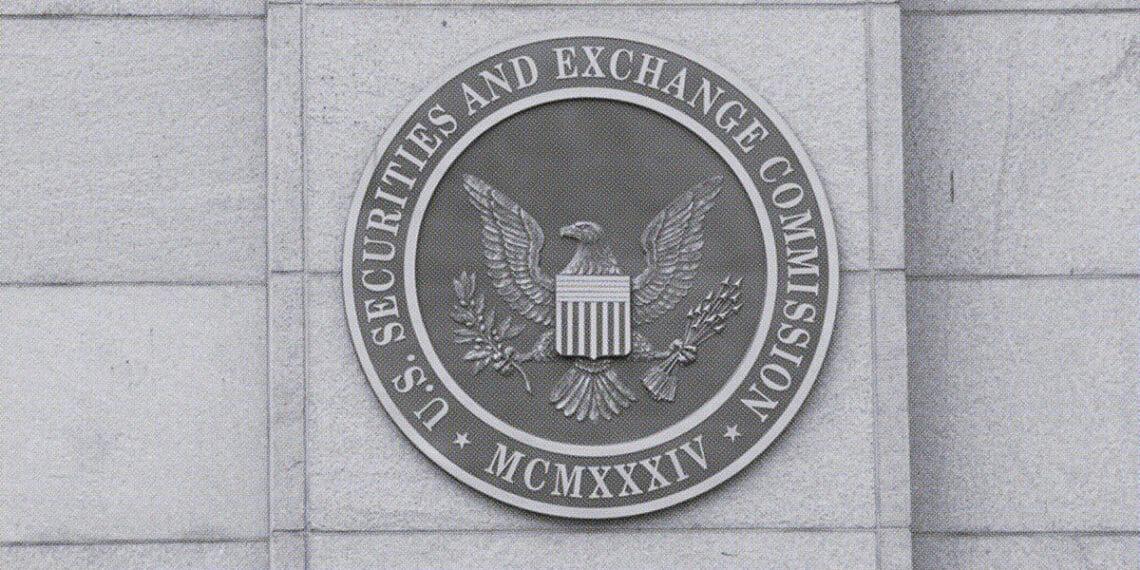Regulators in the U.S. and elsewhere have increased their scrutiny on market manipulation around primary market transactions, in which traders manipulate prices to create additional profits around corporate new issues or bonds to raise funds for companies, governments and public sector institutions. TradingHub’s Mike Coats explores recent cases and a global regulatory crackdown.
Editor’s note: The author of this article, Mike Coats, is CTO of TradingHub, a financial services technology provider.
When shares or bonds are first sold to the public markets, the issuer will often simultaneously enter into other trades, such as bespoke interest rate swaps or structured FX trades, with the bank leading the transaction. However, that bank’s traders may be manipulating prices in the public markets to create additional profit when they enter into these primary market derivatives with their client.
The problem is, traders may think their behavior is justified because they regard it as ‘normal’ pre-hedging allowed by client contracts. But regulators are sending a very different message. This activity is clearly being classified as manipulation, and surveillance and compliance functions at investment banks must now take responsibility for capturing any abusive behaviors in primary markets, lest they leave themselves vulnerable to significant compliance risks.
Regulatory actions in this area are already on the rise. The CFTC recently penalized HSBC $45 million for primary market manipulation in issuer swaps and fined Mizuho $6.8 million for primary market manipulation of deal-contingent FX forwards in relation to pre-hedging activity that occurred without accurate disclosure to its client. The agency also has an ongoing case against a managing director at Nomura for primary market manipulation in bond issuer swaps. Actions are happening globally as well, as the Australian Securities and Investments Commission fined Westpac $1.8 million for primary market manipulation regarding interest rate derivatives and swaps.
One thing is clear: Regulators are watching. But the question is, are banks? If they don’t surveil this activity, they leave themselves liable to huge financial, reputational and even personal damages.
Primary market abuse: high stakes, big consequences
Primary market abuse comes with a different set of consequences and ramifications than secondary market abuse, which surrounds single traders or a small group of traders acting alone to generate profits for their trading book. In contrast, a deal driven by takeover activity can involve multiple series of transactions, bringing together many parts of the bank and several trading desks.
These transactions pose vexing challenges for risk and compliance leaders, since the elaborate transactions require a coordinated effort across many departments. In many cases, the problem is that the various trading desks involved in these complex deals don’t know where the limits lie and may not be aware they are committing a crime.
How primary market abuse happens
The price at which the bank trades bespoke derivatives for a client when managing the issuance of new shares or debt instruments will often be determined by the screen price of the secondary market hedge instruments at a particular time. Often, traders will place one or more spoof orders on one side of the market while simultaneously placing one or more genuine orders on the opposite side, which exerts either upward or downward pressure on the price to their own advantage. When traders manipulate these screen prices, they can generate substantial additional profits, which could easily exceed the fee for leading the primary market offering.
But because of the nature of regulator patterns in this area, we now know that primary market abuse can produce both widespread reputational damage to an institution and even personal liability to senior managers or traders involved, as we are increasingly seeing individuals at investment banks being named personally in regulatory cases.
In the EU and the U.S., a corporate officer may be found criminally liable for regulatory offenses even if unaware of and not involved in the wrongdoing if they are in a position of authority, and the Dodd-Frank Act grants clear authority to the SEC to bring monetary and injunctive claims against corporate officers and directors for violations committed by their subordinates.
Better monitoring required to prevent conflicts of interest
Regulators have indicated their concern that primary market transactions are not systematically monitored for market abuse and customer conflicts of interest. In many investment banks, primary market transactions are monitored on a random selection basis. Regulators say this will not suffice, meaning trade surveillance systems need to step up to be able to spot these manipulative trades.
FINRA warned in its 2024 oversight report of this new consideration: “Does your firm monitor for patterns of suspicious activity during the distribution of securities (if your firm is a distribution participant) as well as the aftermarket?”
FINRA also warned that institutions are not tailoring procedures to adequately supervise differing sources of order flow and do not have “procedures reasonably designed to identify patterns of manipulative conduct.” Both compliance officers and risk and control officers urgently need to gain visibility into these blind spots that exist within their banks’ surveillance solutions.
SEC Broadens Definition of ‘Dealer’
Family offices, registered investment advisers & private funds could all be included in expanded designation
Read moreDetailsPre-hedging presents a compliance challenge for banks
In an ongoing case filed in 2021, the CFTC accused John Gorman III, a U.S. dollar swaps trader for Japan-based Nomura, of engaging in a scheme to deceive and manipulate the price of U.S. dollar interest rate swap spreads to benefit Nomura in a pre-hedging interest rate swap transaction associated with a bond issue (issuer swap). Pre-hedging is a risk management strategy in which market participants such as dealers seek to offset potential price fluctuations or other risks associated with the securities being offered in the primary market.
In order to detect such price fixing activity, surveillance officers must have the capability to determine and quantify whether the trader’s activity has affected the market and corresponding execution price of the customer order, as well as determining a trader’s clear intent to commit market manipulation. The CFTC requires that swap dealers like Nomura disclose any pre-hedging to customers, to allow a counterparty to assess the material incentives and conflicts of interest. Moreover, institutions must “establish and maintain a system to supervise, and shall diligently supervise, all activities.”
Legitimate pre-hedging activities are often difficult to discern from legal-but-deceptive activities and strictly illegal primary market abuse activities. The line is extremely nuanced and depends upon the market and the circumstances. As noted with Nomura, institutions must disclose pre-hedging activities to customers.
Regardless of pre-hedging rights, institutions cannot recklessly create market impact by executing large trade volumes just before the screen price is referenced. They have a responsibility to create minimal market impact ahead of private fixings. The stealthy sophistication of these kinds of cross-product abuses demands that risk and controls departments develop a better understanding of the relationships between instruments so they can accurately determine the market impact of any given position and catch instances of abusive behavior.
Time for trade surveillance to step up
Today’s complex markets have led to more complex forms of abuse. And trade surveillance methodologies have not kept pace. What’s more, recent regulatory prosecutions brought by various global regulators clearly indicate their significant concern that primary market transactions are not systematically monitored for these types of customer conflicts of interest. Trade surveillance teams, compliance officers and risk and control officers at investment banks must ensure they have the capability to monitor the institutions’ M&A and bonds and securities issuances for potential illicit activities.
On the heels of last year’s slump, most (57%) business leaders and advisers expect the U.S. M&A market to strengthen in the next 12 months. For banking compliance leaders and surveillance teams, the key to efficient self-policing is implementing processes that can accurately determine the market participant’s intention to game the market, prioritize higher value alerts and detect hard-to-find, cross-product manipulative activity that poses the biggest regulatory and financial risks to banks.




 Mike Coats is chief technology officer of TradingHub, a financial services technology provider. He previously held roles at Dresdner Bank and Merrill Lynch.
Mike Coats is chief technology officer of TradingHub, a financial services technology provider. He previously held roles at Dresdner Bank and Merrill Lynch. 








